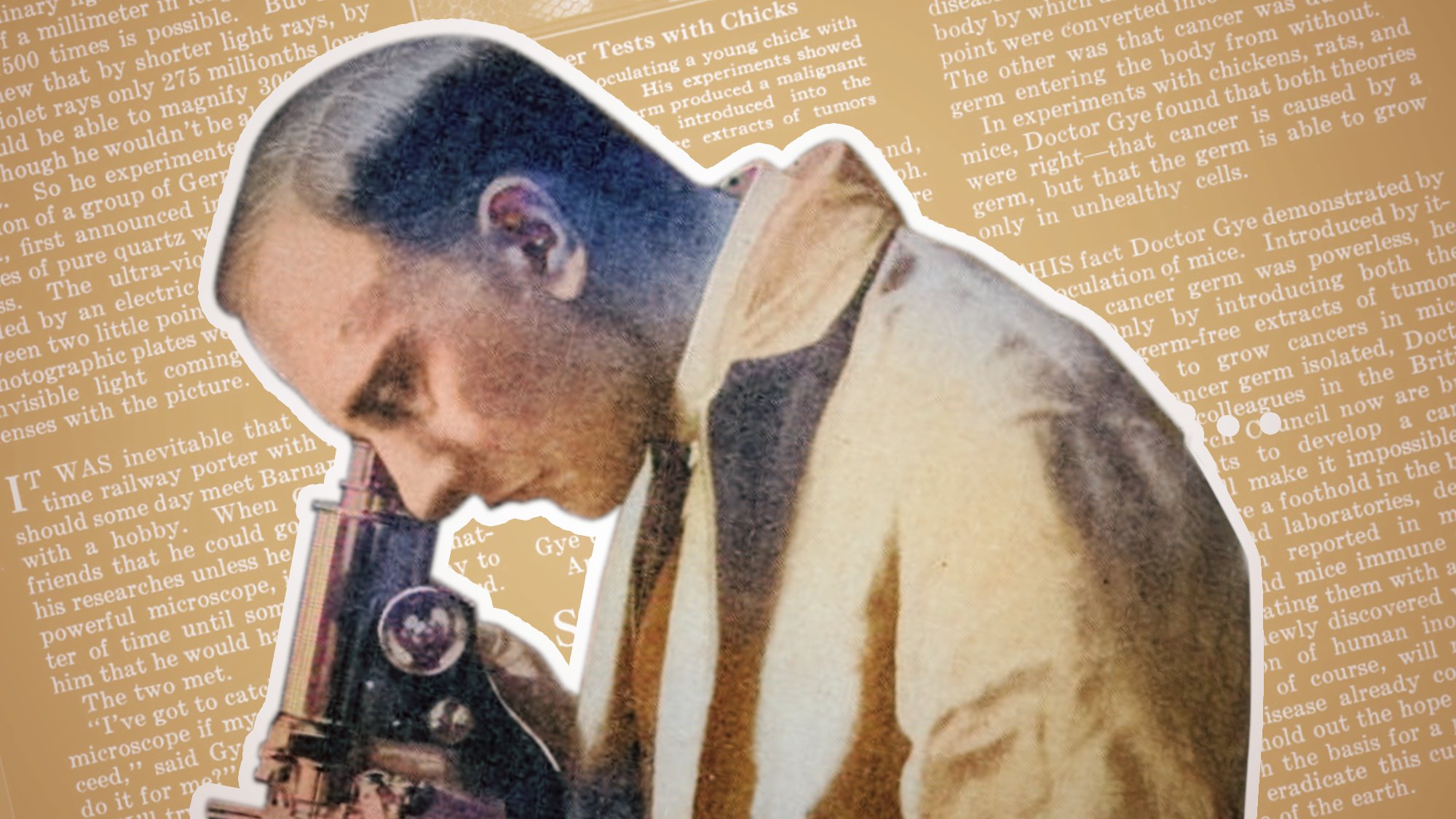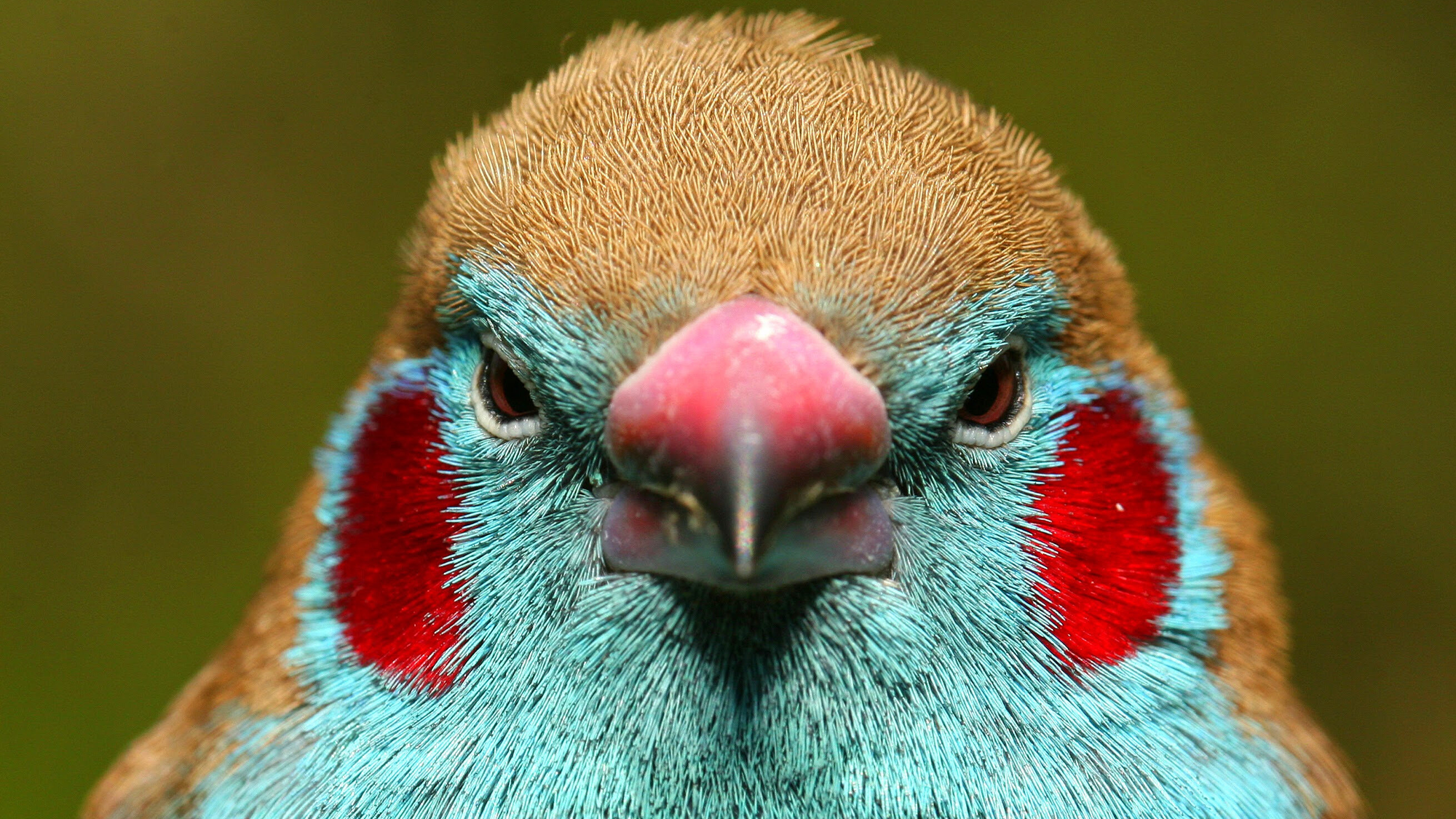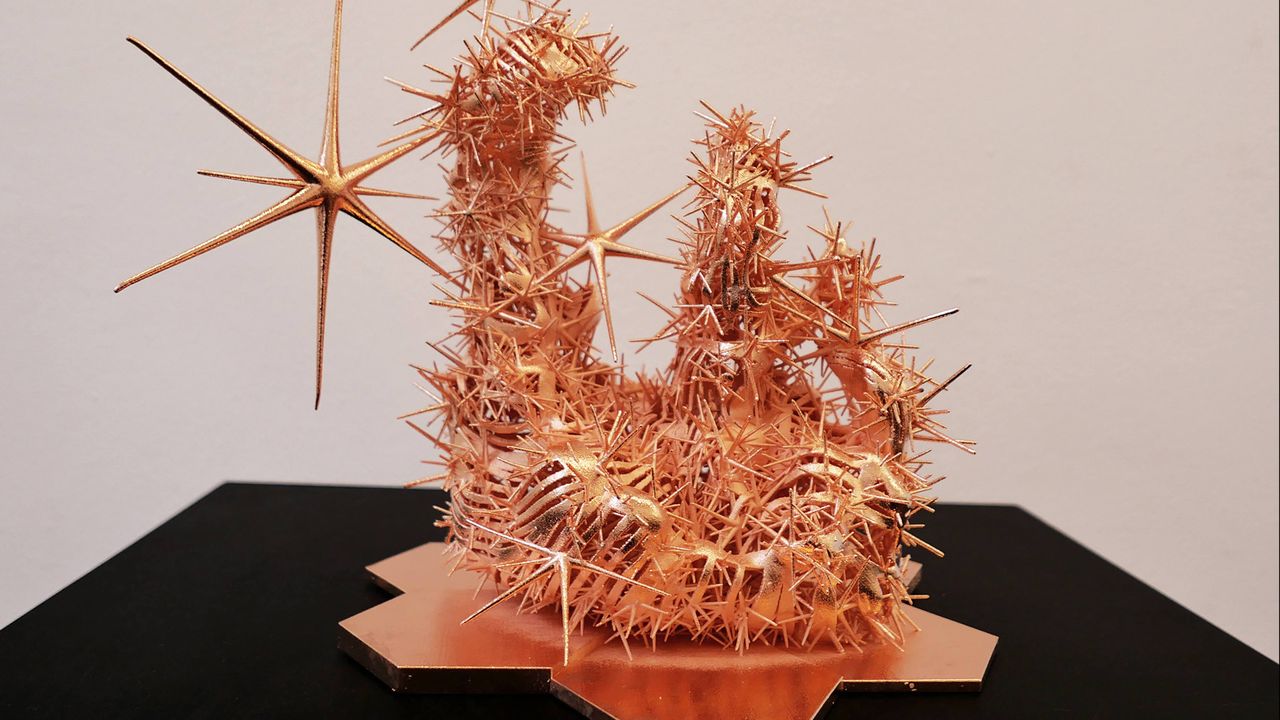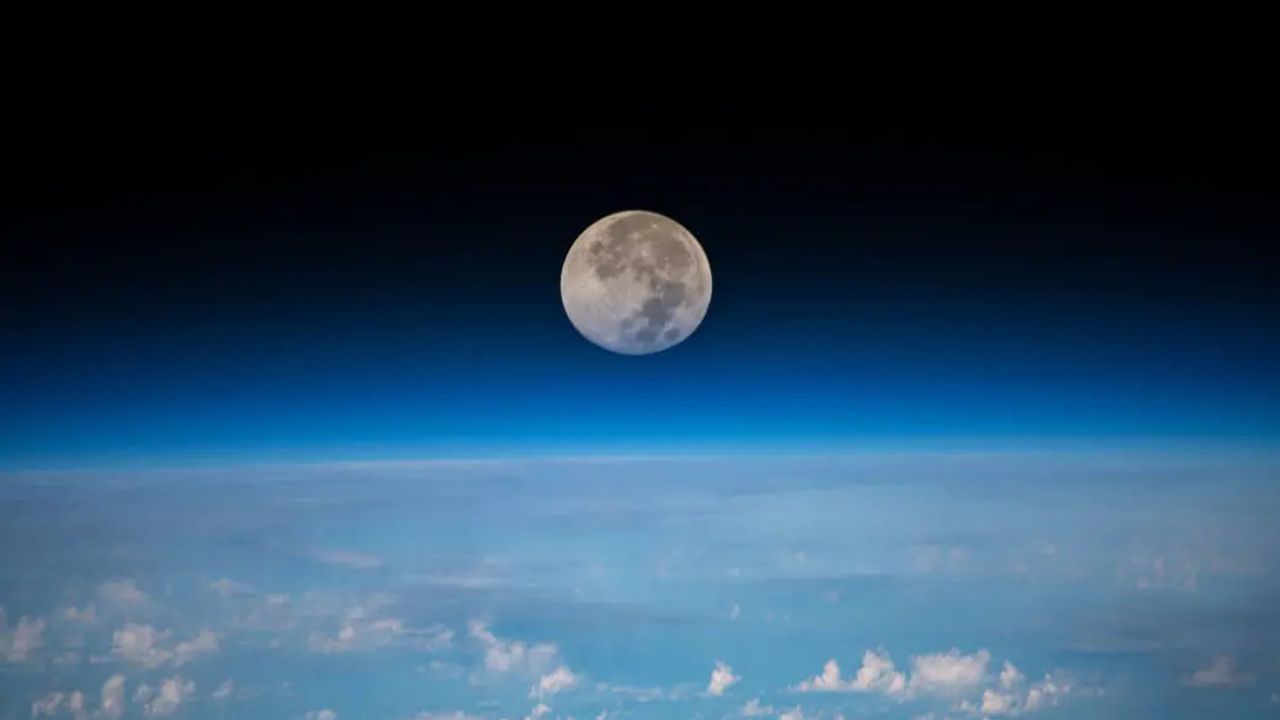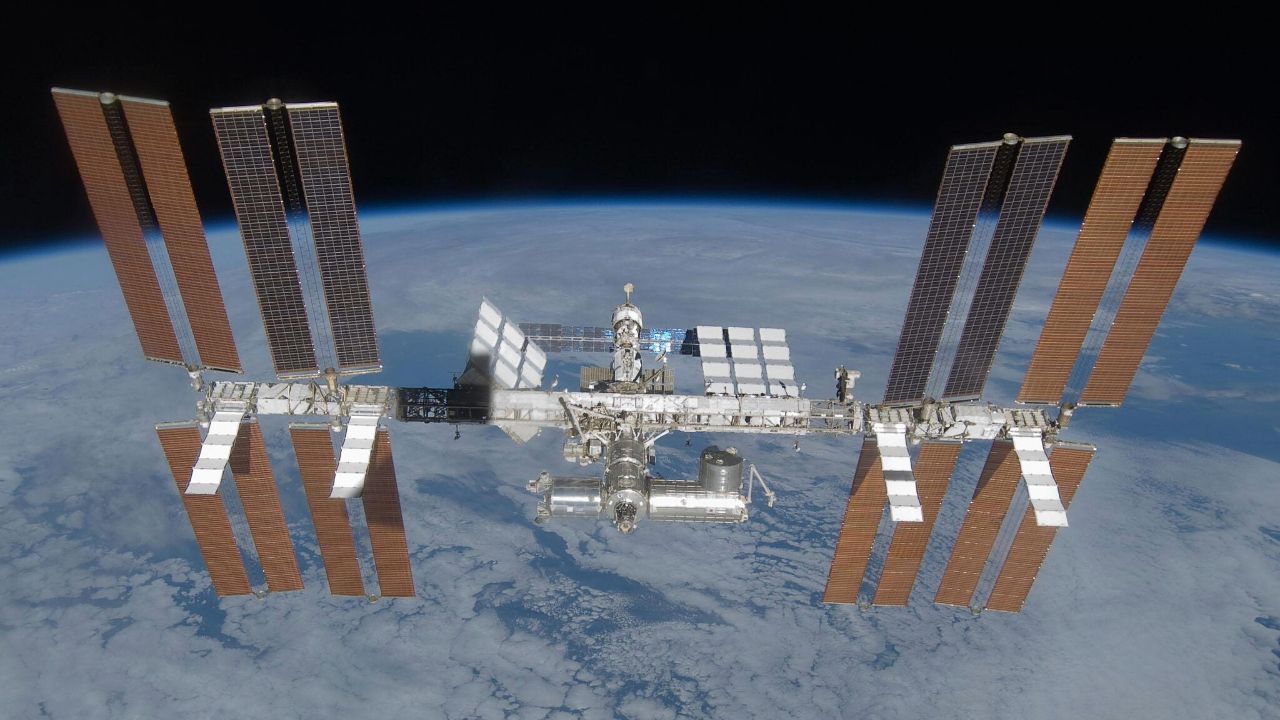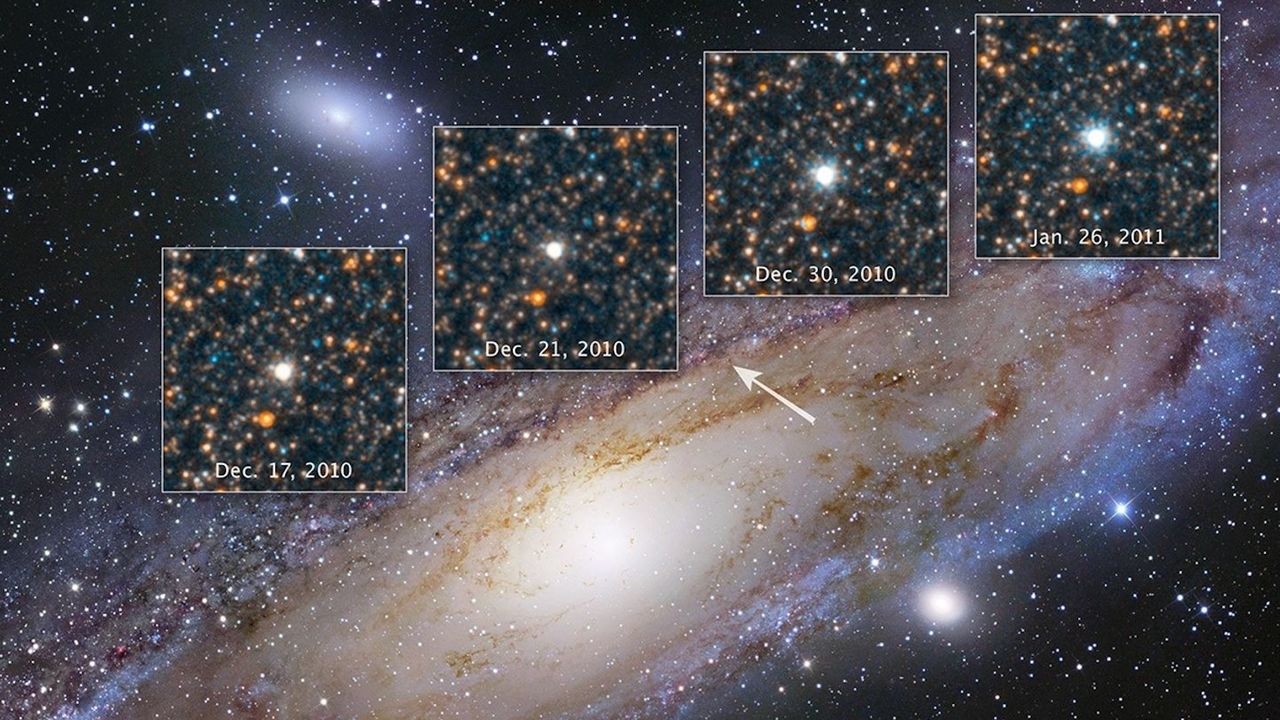Beyond the Nobel Prizes Is a World of Scientific Awards
PositiveScience

While the Nobel Prizes are the most recognized accolades in science, there exists a vast array of other awards that celebrate groundbreaking research and innovation. These awards not only highlight the achievements of scientists but also encourage further exploration and discovery in various fields. Recognizing diverse contributions fosters a more inclusive scientific community and inspires future generations to pursue their passions in research.
— Curated by the World Pulse Now AI Editorial System
